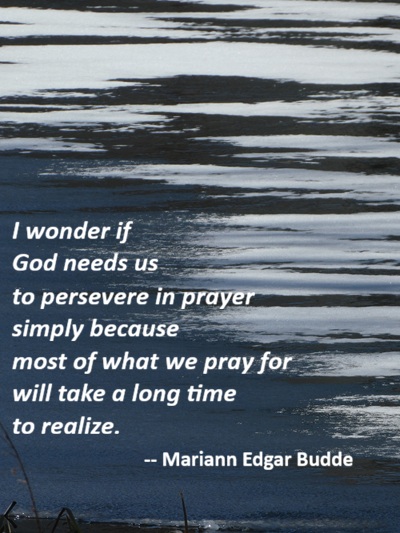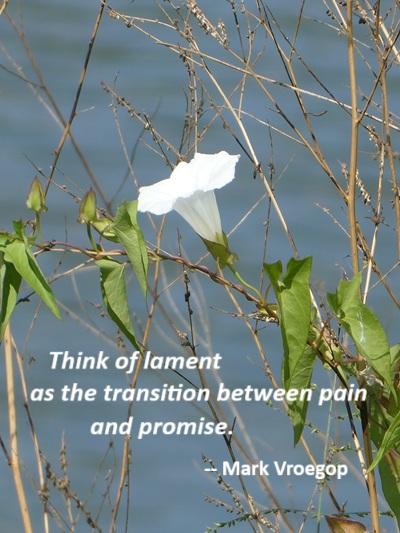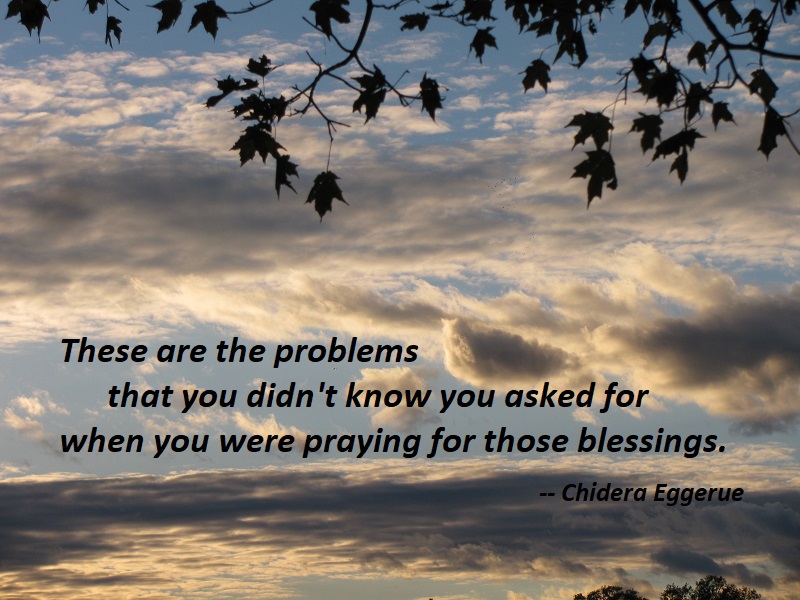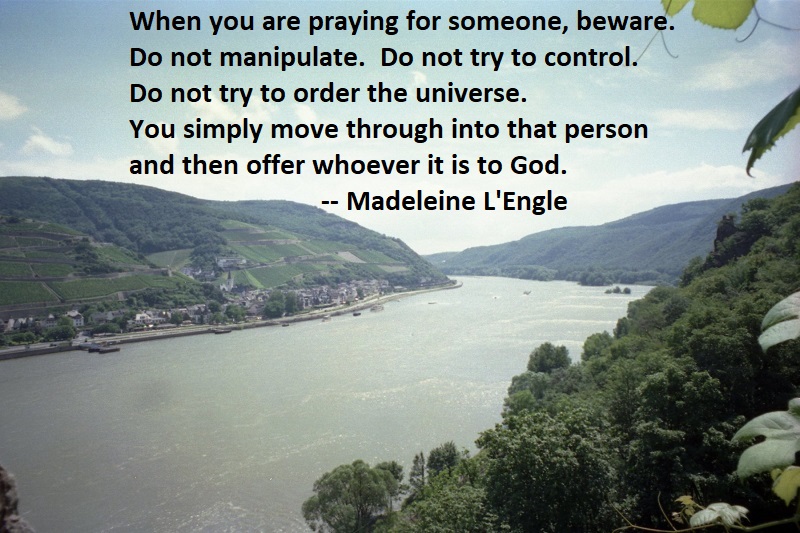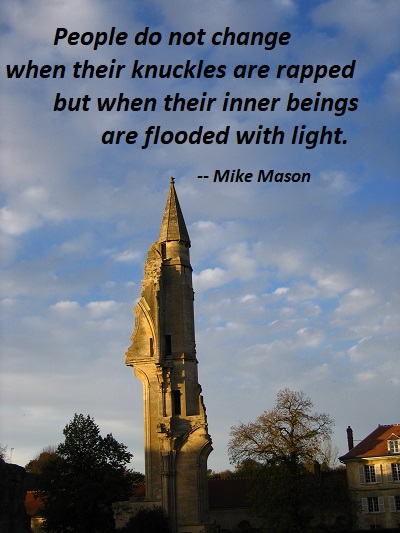
Much of what goes by the name of intercessory prayer is not true intercession at all, but judgment. People pass judgment on others and then use prayer to try to get God to reinforce those judgments. We use our own standards to decide what others ought to be like and how they should change, and then we pray, “Lord, please change these people so that they’ll be more like me.” Once people have conformed to our standards, then (i.e., never) we will love them.
This is entirely backward. We need to love people first, unconditionally, and only then will we know how to pray for them. True intercessors know that they can do nothing to change anyone else. Only God changes people. Knowing this, intercessors abandon all need to exercise influence over others, and out of this abandonment true prayer is born.
If we wish to pray effectively for others, we will never hold their faults against them, never reject them for their failings. It is not that intercessors are unaware of people’s faults — but they are even more aware of the real person beneath the faults, the perfect child of God inside the rough exterior, and this is the person they choose to relate to and pray for. They pray not so much for the outer shell to be corrected, but rather for the spirit within to be encouraged and strengthened. If change is to happen, it will happen from the inside out. People do not change when their knuckles are rapped but when their inner beings are flooded with light.
— Mike Mason, Practicing the Presence of People, p. 196-197
[Photo: Abbaye de Royaumont, November 4, 2005]
